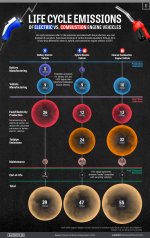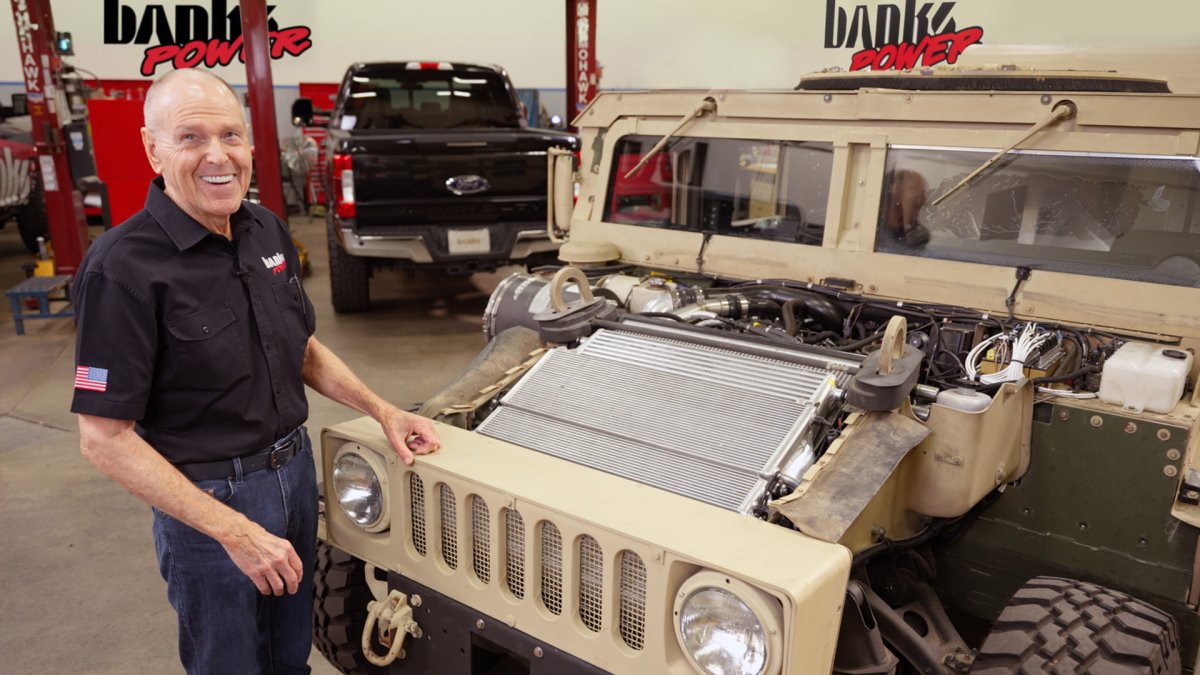"Some of Thacker Pass’s proponents believe that would result in fewer costs and less damage from mining. Anyone who deals with lithium is, on some level, aware of
the environmental costs. The recovery process produces pollutants like heavy metals, sucks up water, and emits tons of greenhouse gases. By one estimate, fitting a new electric vehicle with its lithium battery can result in
upwards of 70 percent more carbon emissions than building an equivalent petrol-powered car (although the average electric car will more than make up the difference
with day-to-day use)."
Scientists studying the McDermitt Caldera in Nevada and Oregon think they've found a new, more sustainable way to mine lithium.

www.popsci.com
Future batteries may very well not be lithium based. The tech is still pretty new, so I'd expect big research budgets and big improvements and changes going forward. And the question regarding the economic viability of solar and wind generated electricity is storage. I think if we get smart with our grid, people can use the excess capacity of their cars as a storage medium to some extent. As always, using less energy to get the same task done, should be getting more attention than it is.
Someone mentioned diesel earlier, and since gasoline and diesel are necessary byproducts of the refining process, we will get both whenever we get either. Demand will be controlled by price... as it has been for a very long time. That's the only reason why diesel is more expensive than gas, and it will get relatively more expensive as demand for gas declines. That makes using a gasoline engine on a series hybrid the sensible choice... and maybe in the future a turbine, or something else entirely?
Frankly I think it's pretty insane that would got away from rail transport. That is quite a bit more efficient than trucking, and would lend itself to alternative methods... like maybe providing electric power to the rails?




